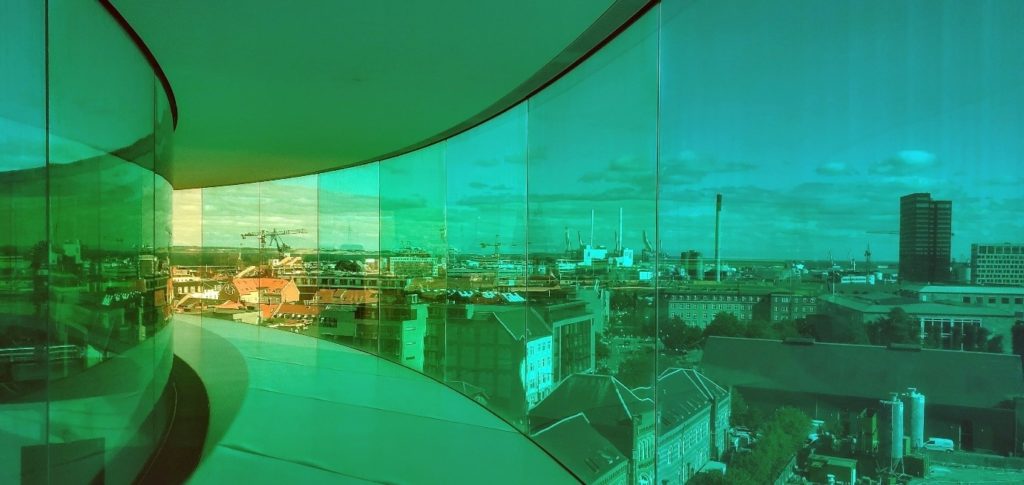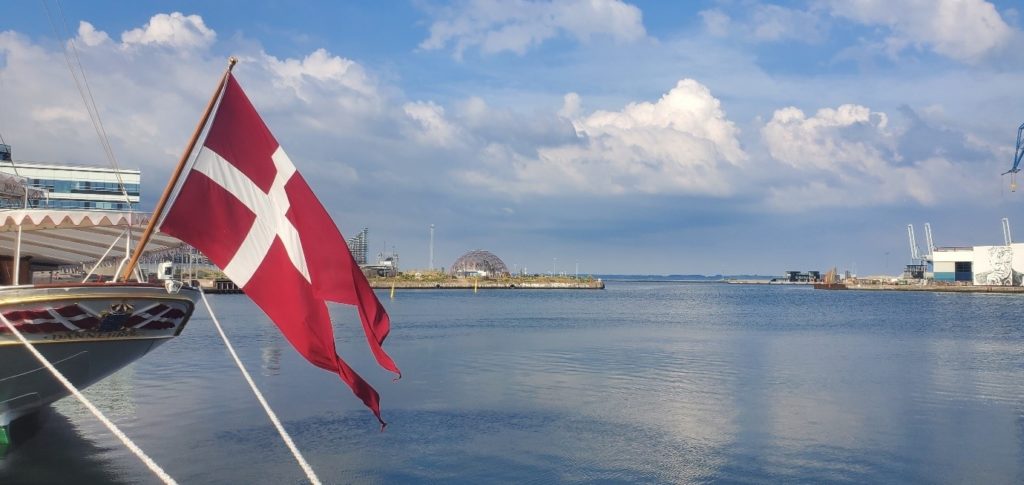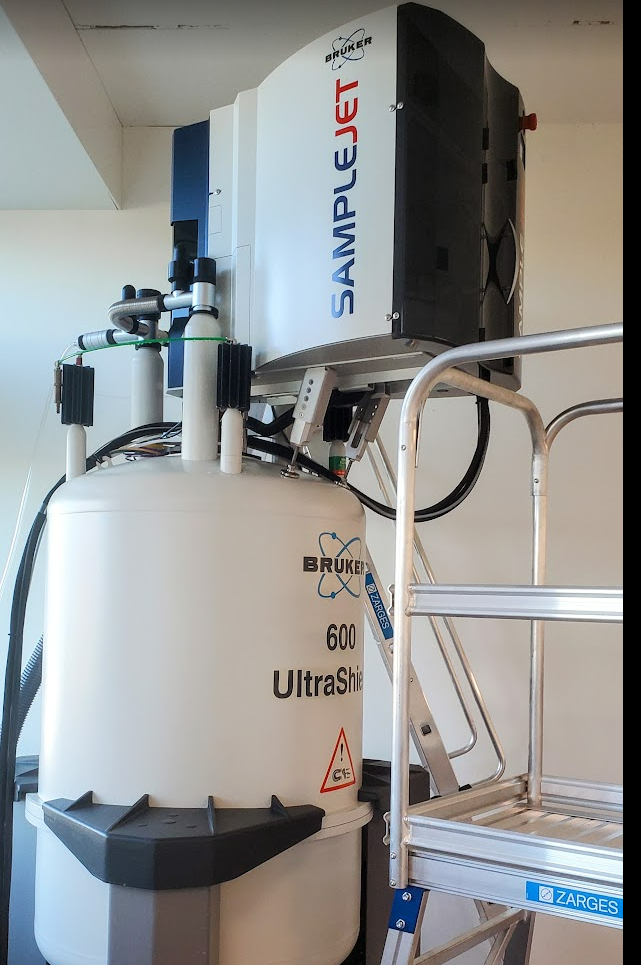Secondment blog
My research visit to Scandinavian top University – Aarhus University—offered me the chance to fling myself into the unknown, to explore science in an unfamiliar territory, to transplant myself once again to an alien soil, to see how differently I would grow and respond to the warmth of the other sun.

Even though this is a blog about my research visit to Aarhus University, I am tempted to write more about the largest city in Jutland, its baroque and neoclassical architecture, its robust and diverse nightlife, its iconic art gallery amongst other lovely things about it. But hey, this is about my secondment and not the city.

It was summer when I went to Denmark but there, it’s rarely hot, at least, compared to where I come from. For most people, it was supposed to be a holiday season where you spend time outdoors, typically having barbeque or at least getting tanned, but for me, I spent it doing science, exploring the metabolic cost of parasitic infection.
Thanks to advances in omics technology and modern facilities, the direct analysis of metabolic intermediates in biological samples can improve our understanding of metabolic process. Metabolomics is an omics method that can allow us to profile metabolic products resulting from different physiological process thereby providing the real-time snapshot of animal’s physiological state. When applied to study infections, these methods can help develop new biomarkers as a signature of infection.

In collaboration with scientists (Prof. Hanne C. Bertram and Banny Silva Barbosa Correia) from the Department of Food Science, AU, we employed the NMR spectroscopy technique to profile the metabolic products in plasma and liver tissues of chickens infected with common helminth infections. NMR takes advantages of energetic transition of nuclear spin in the presence of a strong magnetic field. It is a non-destructive and highly sensitive method. The results shape our understanding of how animals respond to parasite infection. Understanding the data generated from such high-throughput methods require certain skills and expertise. Acquiring these skills was perhaps a major accomplishment from my stay in Aarhus together with the revelation that one could bend in strange winds, drink of new and cooler rains and perhaps bloom.